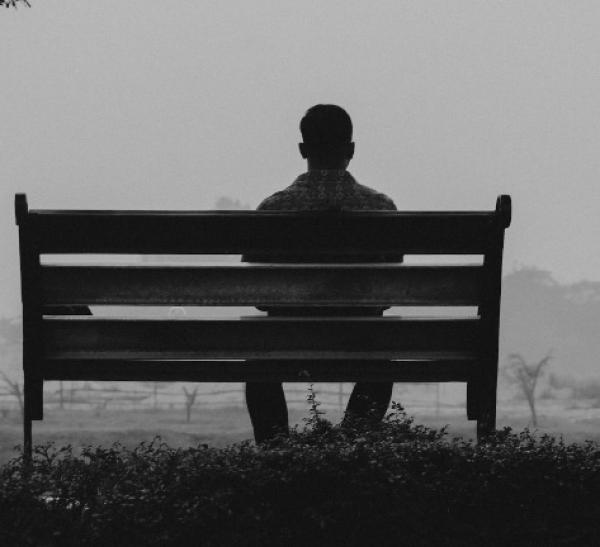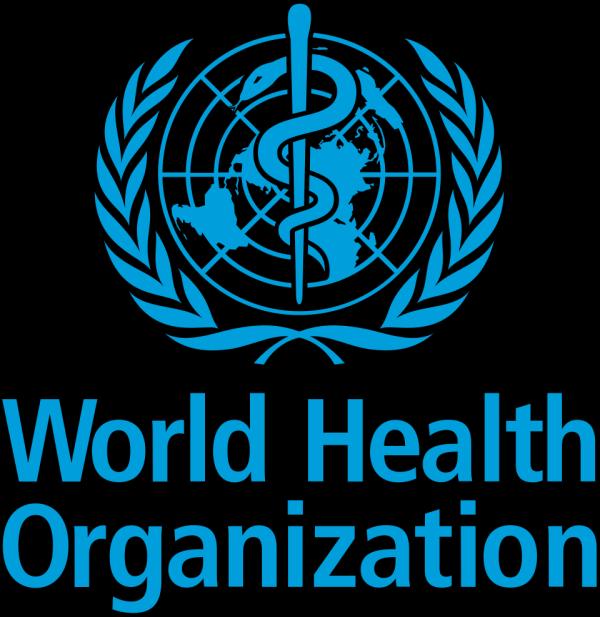
The World Health Organization (WHO) has sounded the alarm on a growing global health crisis, reporting that loneliness claims more than 871,000 lives each year. That figure amounts to around 100 deaths every hour. According to a new report released Monday by the WHO Commission on Social Connection, one in six people worldwide now suffers from loneliness, with consequences that go far beyond emotional discomfort.
The commission found that social isolation and loneliness increase the risk of a wide range of health problems, including strokes, heart attacks, diabetes, depression, anxiety, and suicide. The report also warned of a broader impact on society, with billions lost in healthcare costs and reduced productivity.
Dr. Vivek Murthy, co-chair of the commission and former U.S. Surgeon General, described loneliness as “a painful, subjective feeling that many of us experience when the relationships that we need do not match the relationships that we have.” He noted that social isolation, in contrast, is an “objective state of having few relationships or interactions.”
Murthy highlighted the role of digital technology in exacerbating the problem. While tools like video calls have benefits, he said that “having places and spaces in our life where we can interact face to face with other people without the distraction of technology is very important.” He warned that excessive reliance on phones and social media can weaken deeper forms of communication, such as tone, body language, and even silence.
According to the WHO, young people and those in low-income countries are especially vulnerable. An estimated 17–21% of people aged 13 to 29 report feeling lonely, with teenagers showing the highest rates. In poorer countries, about 24% of the population feels lonely—more than double the rate in high-income countries. Refugees, ethnic minorities, people with disabilities, and LGBTQ+ individuals face even greater barriers to connection.
Lonely teenagers, the report noted, are 22% more likely to earn lower grades in school, while adults facing loneliness are more likely to lose or struggle to find jobs. “Despite endless possibilities to connect, more people are finding themselves isolated and lonely,” said WHO Director-General Dr. Tedros Adhanom Ghebreyesus.
The WHO praised Sweden as a model for tackling loneliness at a national level. Swedish Social Minister Jakob Forssmed reported that the country has launched a comprehensive strategy to promote social connection. Measures include prepaid leisure cards for young people to encourage group activities, a proposed ban on mobile phones in public schools, and efforts to create opportunities for interaction in community spaces like shops, neighborhoods, and clubs.
“Children and teenagers sleep better and find it easier to put their phones aside during their free time,” Forssmed said, adding that many children are also frustrated by parents who are constantly distracted by mobile devices.
The WHO Commission urged governments to make social connection a public health priority. The roadmap it released offers strategies to improve not just health but also education and economic development. It emphasizes solutions such as building parks and libraries, updating national policies, and encouraging individuals to reach out, reconnect, or volunteer in their communities.






















